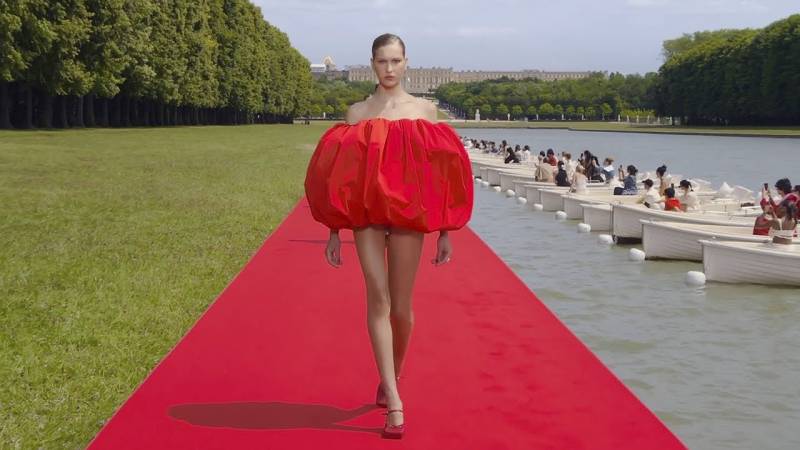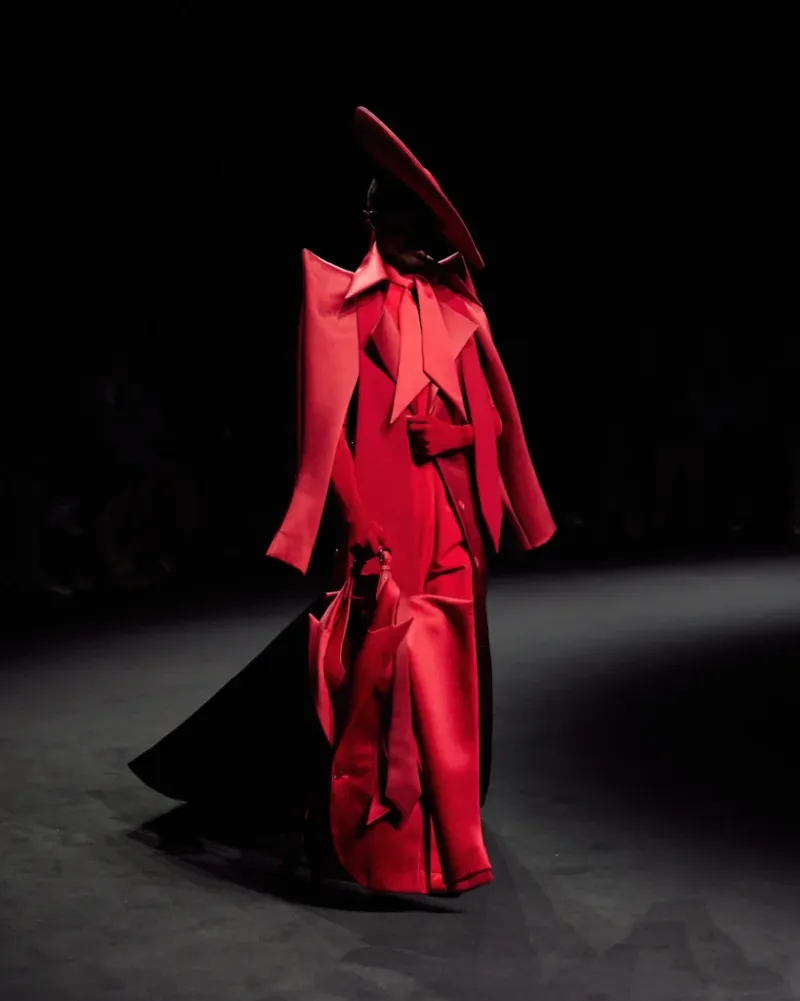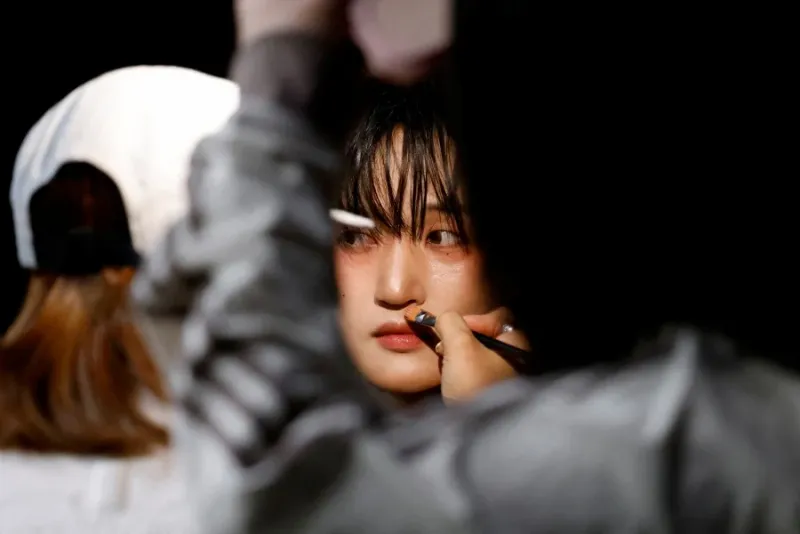In a pivotal moment in the high-profile case of music mogul Sean “Diddy” Combs, a judge has instructed the jury to continue deliberations after an extended period without a verdict. This development intensifies public interest in a trial that has gripped the entertainment industry and ignited widespread media coverage. The trial, which centers around serious allegations involving assault, misconduct, and other federal charges against the hip-hop icon, has seen weeks of emotional testimony, dramatic courtroom scenes, and extensive legal arguments. As deliberations stretch into their second week, the judge’s direction to the jury underscores the complexity of the case and the weight of the decision they are tasked with.

Read Also: Uphorial Sweatshirt

While some speculated that the jury’s prolonged silence might signal a hung jury, the judge’s message makes it clear that the panel must exhaust all avenues before considering that outcome. This is not uncommon in high-stakes trials, especially when the evidence is voluminous, the witnesses controversial, and the defendant as prominent as Diddy, whose influence in the music and fashion industries spans decades. Combs, who has maintained his innocence throughout the proceedings, appeared composed in court as the judge addressed the jury. His legal team continues to argue that the charges are not only unsubstantiated but motivated by opportunism and a desire for public attention. They maintain that inconsistencies in testimonies and a lack of physical evidence should raise reasonable doubt.
On the other hand, the prosecution has painted a picture of a powerful figure who allegedly used his influence to intimidate and control those around him. The court heard testimonies from former associates, employees, and alleged victims—some of whom detailed events that occurred over several years. While some testimonies were emotional and compelling, the defense scrutinized them for inconsistencies and potential bias. Legal analysts believe the case could set a precedent for celebrity trials, especially regarding how juries interpret influence, power dynamics, and delayed accusations in the entertainment world. Several experts also noted the delicate balance jurors must maintain in separating public persona from private behavior, especially in an age where social media often blurs the lines between the two.
As deliberations continue, public reaction remains divided. Supporters of Diddy express confidence in his acquittal, citing a lack of solid evidence. Meanwhile, critics argue that the trial represents a reckoning long overdue for stars shielded by wealth and status. The atmosphere outside the courthouse has been tense, with both fans and activists making their voices heard. From a broader perspective, the case is emblematic of an evolving cultural landscape—one where allegations of abuse, exploitation, and misconduct are no longer swept under the rug, regardless of the accused’s fame. If convicted, Combs could face substantial penalties, including possible prison time, fines, and a significant blow to his career and legacy.
The outcome of the jury’s decision could also impact ongoing civil cases and potentially spark new investigations or lawsuits. As such, industry insiders, fellow celebrities, and legal observers are keeping a close watch. The court’s decision to continue deliberation serves as a reminder that justice requires thorough, deliberate, and fair examination of every piece of evidence, regardless of public pressure or media scrutiny. Until a verdict is reached, the Diddy trial remains a powerful testament to the complexities of modern-day celebrity justice, where legal facts must eventually rise above tabloid narratives.



